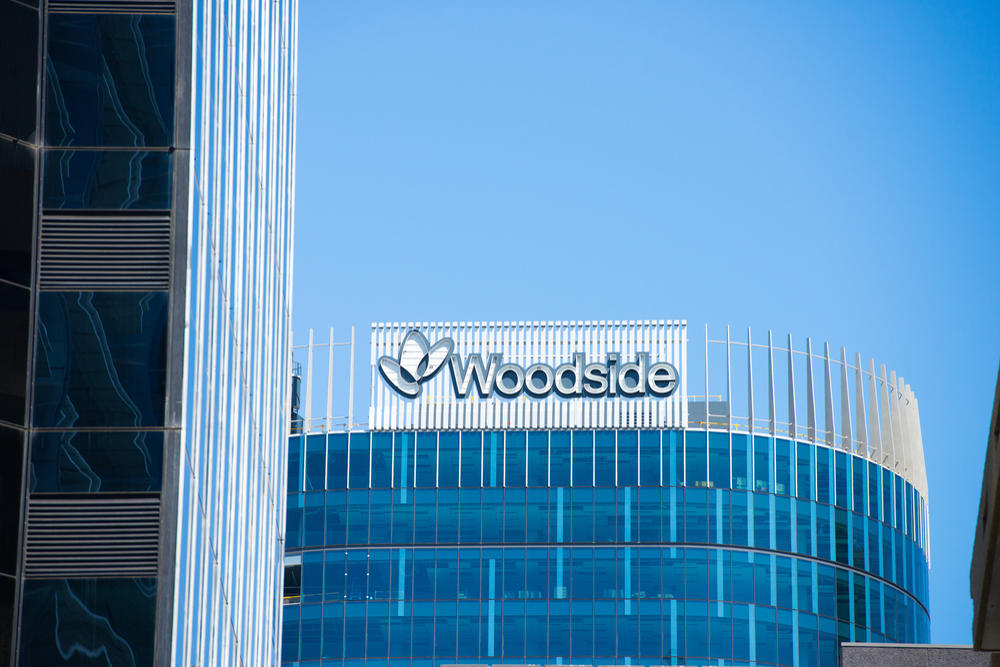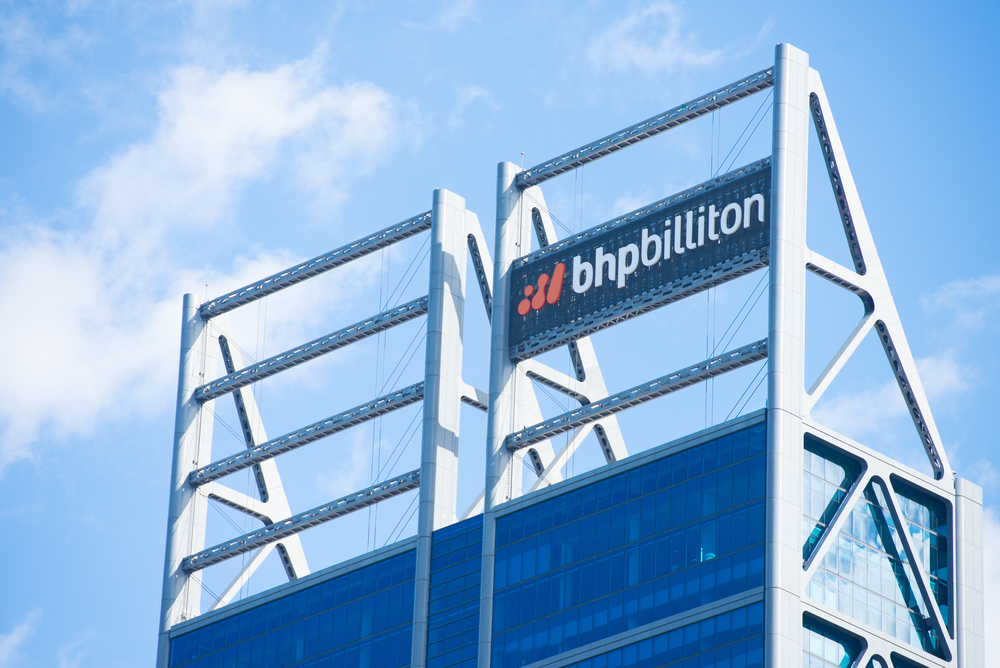
BHP has awarded the world’s first LNG-fuelled bulk carrier contract, with the aim of reducing greenhouse gas (GHG) emissions by more than 30 per cent per voyage.
Five LNG-fuelled bulk carriers will carry iron ore between Western Australia and China from 2022. The LNG bunkering supply contract is expected to be awarded in October 2020.
BHP Chief Commercial Officer, Vandita Pant, said the LNG-fuelled vessels will virtually eliminate SOx (sulphur oxide) emissions and significantly reduce CO2 and NOx (nitrogen oxide) emissions.
“As one of the largest dry bulk charterers in the world BHP recognises the role we play in working with our suppliers and customers to drive actionable reductions in GHG emissions across the maritime supply chain,” Ms Pant said.
“The tender marks a progressive shift for BHP and the broader mining and shipping industry and is a significant step toward lowering GHG emissions in the 1.5 billion tonne iron ore seaborne market.
“We expect the introduction of LNG-fuelled vessels will result in more than 30 per cent lower CO2-e emissions on a per voyage basis compared to conventional fuel along the Western Australia to China route.”
BHP released the LNG-fuelled bulk carrier tender in July 2019 and subsequently completed a rigorous due-diligence process to identify and short list tenderers. Safety, technical and economic factors, as well as a clear demonstration to make a sustainable positive change for the industry, were among the stringent criteria.
Eastern Pacific Shipping (EPS) was awarded the five-year time charter contract. Ms Pant said EPS offered a competitive bid and an efficient vessel design with superior fuel efficiency and GHG emissions reductions.
“The LNG bunkering time charter contract, with a total cost of ownership less than a conventionally fuelled Newcastlemax, will enable BHP to manage the fuel supply risk, build LNG operations capability internally and capture OpEx benefits through optimization of voyage operations and fuel utilisation,” she said.
When the vessels are delivered in 2022, they will be the cleanest and most efficient in the entire dry bulk shipping fleet and will be IMO 2030 compliant, eight years ahead of schedule.







